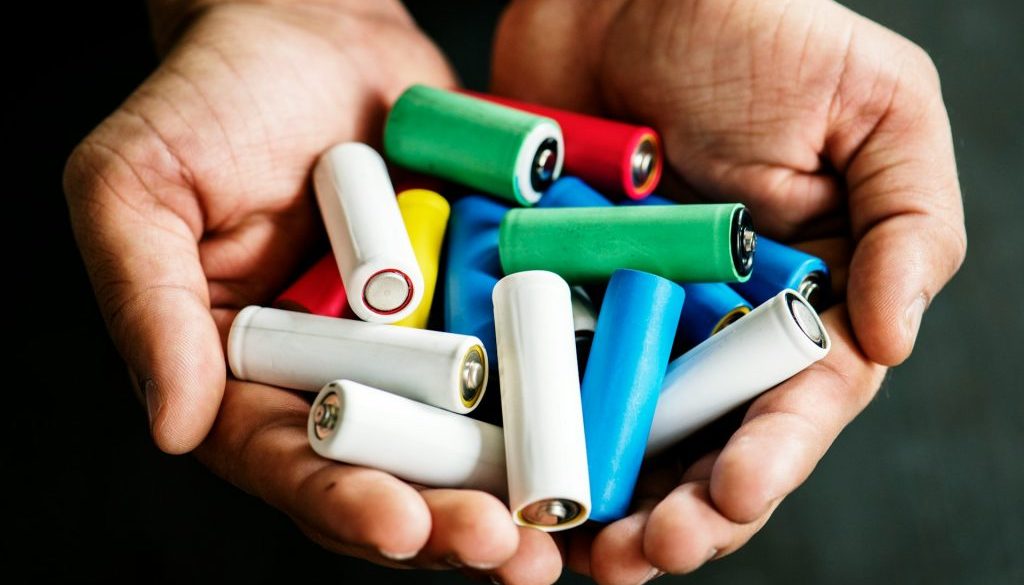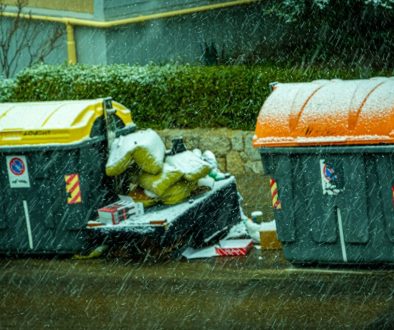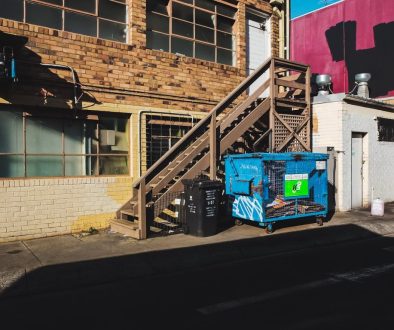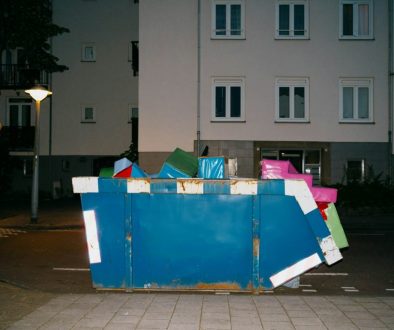Proper waste disposal is an important aspect of keeping our communities clean and our environment safe. When it comes to using skips, knowing what can be placed inside them is key to avoiding potential hazards. Disposing of waste improperly isn’t just a minor oversight; it can lead to harmful effects not only on the environment but also on local regulations. For residents in Cheshire, understanding these guidelines helps in maintaining a cleaner neighbourhood while also supporting responsible waste management practices.
Recognising items that should never go in your skip can prevent issues before they start. This knowledge ensures that you’re not only adhering to local laws but also contributing positively to the environment. Some items may seem harmless but can cause significant problems if disposed of incorrectly. By identifying these items, individuals can make more informed decisions about their waste disposal methods, ultimately leading to safer communities.
Items Not Permitted in Skips
When renting a skip, it’s crucial to know which items are not allowed inside. Some everyday items contain hazardous materials that can negatively impact the environment or pose a risk to those handling the waste. Here are some common items to exclude from your skip:
– Batteries: These contain corrosive materials that can leak and contaminate soil and water.
– Chemicals: Household cleaners, solvents, and other chemicals may react dangerously with other waste or release toxins.
– Asbestos: Found in older buildings, asbestos needs special handling due to its health risks.
– Paints: Oil-based paints and varnishes contain chemicals that are harmful if they enter the soil or waterways.
These items require special disposal methods not only for safety but also to comply with environmental laws. When hazardous materials end up in a skip, they can cause contamination and might lead to fines or penalties. Finding proper disposal options for these items means you’re keeping yourself and the environment safe from harm. Always check local guidelines or ask a professional if you’re unsure about how to dispose of specific waste items.
Electronic Waste
Electronic waste, or e-waste, is a category of rubbish that often sneaks into skips without much thought. Yet, these devices can contain components that are dangerous if not disposed of correctly. Items like old computers, mobile phones, and televisions fall under this category. The issue with electronic waste lies in the materials they contain, such as lead and mercury, which can wreak havoc on the environment if they leak into the soil or water. Not only do they pose environmental hazards, but they also offer an opportunity for recycling valuable materials like metals and plastics, which is lost if they end up in a skip.
Efforts to handle electronic waste correctly include taking them to dedicated recycling facilities where their materials can be safely extracted and reused. For instance, many manufacturers or local councils provide drop-off points or take-back schemes specifically for e-waste. This process ensures that these items are treated appropriately, diverting them from landfills and giving them a second life. By opting for these solutions, residents contribute to a healthier ecosystem and help conserve natural resources.
Medical Waste
Medical waste is another category of items that must be kept out of skips due to its potential health risks. Disposing of items such as needles, syringes, and expired medications poses a significant threat if they land in a general skip. These items can carry harmful pathogens or chemicals that may be dangerous to the public and workers handling the waste.
The correct disposal of medical waste involves specialised methods, often overseen by healthcare facilities and pharmacies. Many places have services where you can return unused medications or sharps for safe disposal. This step prevents the risk of accidental injury or contamination. Ensuring these types of waste are handled carefully protects public health and keeps waste management processes safe and efficient.
Types of Waste Categories for Skips
Understanding what can be safely disposed of in a skip is just as important as knowing what to avoid. Common categories of acceptable materials include:
– General Household Waste: Such as non-hazardous items from spring cleaning or decluttering.
– Garden Waste: Leaves, branches, and other organic materials not treated with chemicals.
– Construction Debris: Includes things like bricks, tiles, and non-hazardous materials from renovation.
When preparing rubbish for disposal, it helps to sort materials at the source. Designate separate containers for recyclables, hazardous items, and general waste. This simple strategy can make a big difference in ensuring only suitable items end up in the skip, avoiding issues later on.
Final Advice for Proper Skip Usage
Understanding the dos and don’ts of skip usage can seem tricky, but with a good understanding of what belongs where, the process becomes much simpler. By being conscious of the items you dispose of, you’re playing an active role in protecting your local environment and community. And if you’re ever unsure about the correct way to dispose of a specific item, reaching out to professional waste services can provide the assistance you need. They are equipped to guide you through the proper steps to ensure your waste is managed responsibly.
To maintain a clean and safe environment in Cheshire, it’s important to understand what doesn’t belong in your skip. If you need help managing waste efficiently, Enviro Skip Hire offers professional support through services like Middlewich skip hire to ensure responsible and compliant disposal.




